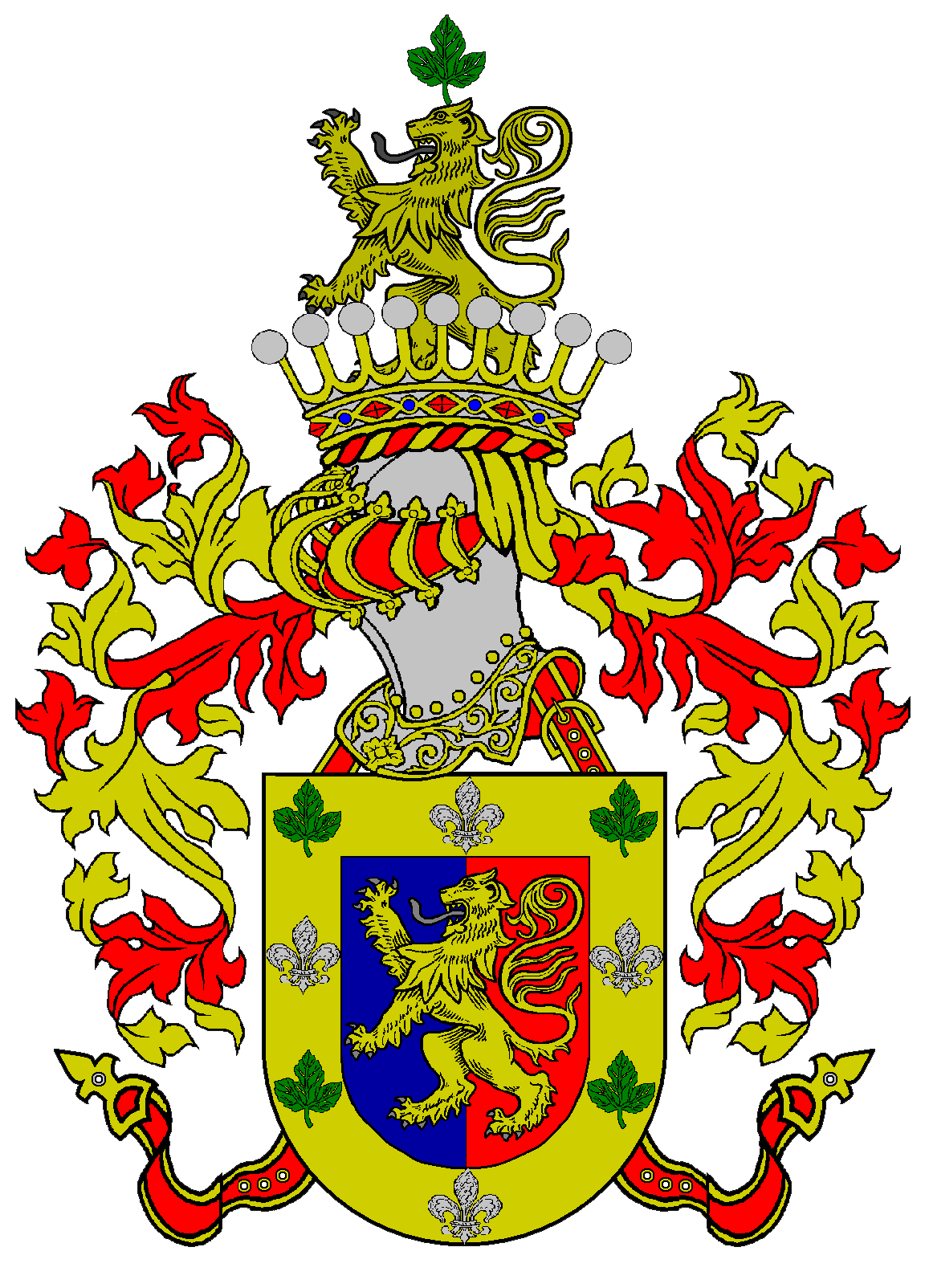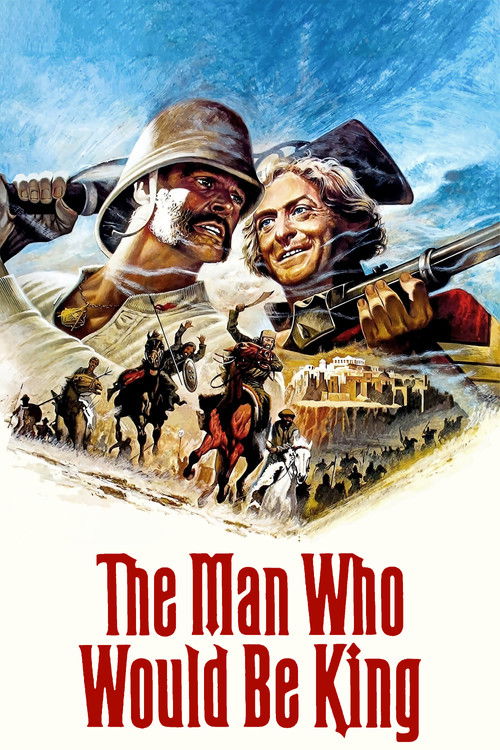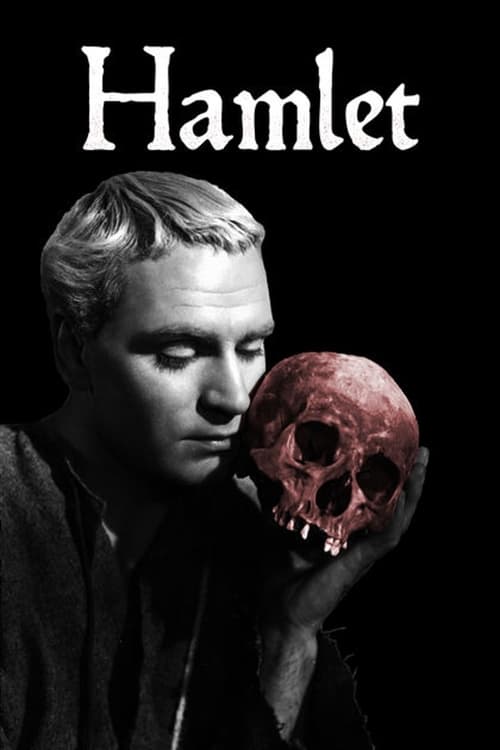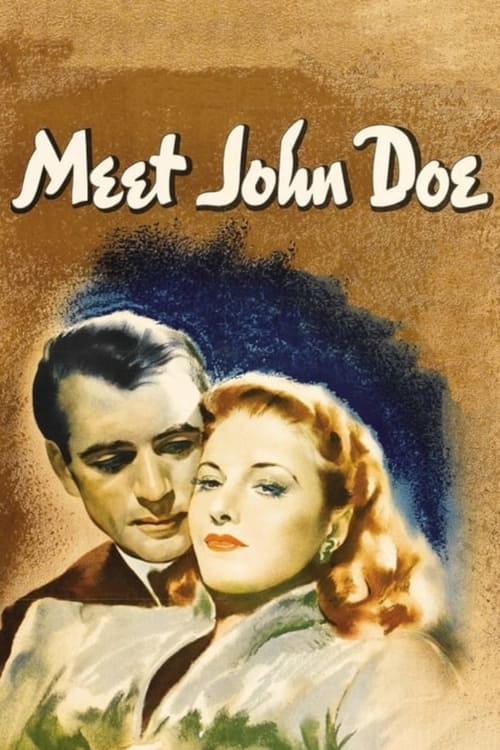
1939
The Four Feathers
Adventure, Drama, War, History
8.0
User Score
102 Votes
Status
Released
Language
en
Budget
$0
Production
London Films Productions, United Artists
Overview
A disgraced officer risks his life to help his childhood friends in battle.
Review

John Chard
9.0
I have been a coward – and I wasn’t happy.
The best cinematic treatment of A.E.W. Mason’s novel is here, a rousing and moving tale of a military man who is branded as a coward by those closest to him. Receiving four feathers as a sign of cowardice, Howard Faversham is inspired to go redeem himself in the eyes of his peers during the Mahdist War 1895.
Zoltan Korda throws everything but the “Kitchener” sink at the production.
1939 was a stellar year for cinema, arguably the greatest ever. Action/Adventure film fans were treated royally this year, with the likes of "Beau Geste", "Gunga Din" and "The Four Feathers" to whet the appetites. The latter is a top line production, a Technicolor spectacle of derring-do and manly codes such as bravery and honour. Some these days may balk at the imperialist fervour that hums along the way, and some characterisations are very much of the time, but with such film making expertise on show (the final battle sequences are high quality), from direction, acting, costuming, photography and musical score, this is classical cinema in its purist form. 9/10
Read More 
FilipeManuelNeto
10.0
**A little forgotten gem that, perhaps, deserved to be revisited by the public.**
This film is one of several adaptations of a novel set during the Anglo-Egyptian conquest of Sudan. It's quite good and must have been a "super production" for the time it was made. Very well directed by Zoltan Korda, in a luxurious and meticulous production that spared no effort or expense, it is, perhaps, one of the best film adaptations of the title novel. And yet, it is unjustly forgotten!
For those who don't know or don't remember, the interior of the African continent was only colonized after the Berlin Conference, in 1885. Fourteen countries participated in it, including the USA and European countries without any colonies, such as Sweden. Among the several issues addressed (the end of slave trade, freedom of navigation on some rivers and the trade liberalization in some coastal areas), the legal bases for the occupation of the African interior were discussed: of course, for the Europeans at that time, the rights of the native tribes had no value, they were just savages. Outrageous today, but understandable in light of that time.
As a result, the main European empires rushed to send expeditions with a view to exploring and demarcating their territories in Africa. The United Kingdom wanted the possession of a considerable strip of land, between Cairo and Cape Town, which is why it was decided to control Egypt, then a semi-independent kingdom under the authority of the Sultan of Istanbul, which had conquered the Sudan decades earlier. After helping the Egyptian king, Tewfik Pasha, to survive an uprising, the British took factual control of the kingdom. However, in 1881, the Egyptians lost control of Sudan to an Islamic revolutionary movement led by a self-appointed prophet, the Mahdi. The uprising withstood several military expeditions, leading to the death of the popular General Charles Gordon.
The film begins with these events and historical context. It is when the relief expedition to Sudan is being prepared that the protagonist, Harry Faversham, asks to be discharged from service in the regiment where he is an officer. He never wanted to be a soldier, he was forced by his father and he was finally released from that obligation with his death. However, his comrades in arms and his bride did not understand that, and Faversham found himself in possession of four white feathers, a symbolic insignia given to men considered cowards for not serving their country in the ranks.
John Clements is very good in the lead role, giving his character a dose of nobility and generosity combined with the youth and courage he comes to discover. Ralph Richardson, Jack Allen and Donald Gray were impeccable in the roles of British officers who demarcate themselves from the protagonist's attitude. June Duprez has little to do here, but what she does is done very well.
On a technical level, we have to highlight Korda's direction, who had the close collaboration of his brothers on this project. The cinematography is simply magnificent and the colors, in their brightness and intensity, are a feast for the eyes. The director's meticulousness and exactness greatly benefited the historical accuracy, which was one of his concerns and the ultimate reason why he decided to film a lot of fight scenes in Sudan, very close to the places where the fighting actually took place. In fact, when documenting myself to write this review, I even read that the director took the opportunity to meet people who lived through the events, who participated in the combats and even gave military period training to the extras, where we can find also some real soldiers of the British Army. Sets, costumes, props and weaponry were details thought out in detail to recreate faithfully what would have been possible to find if we were there. Of course, there are flaws, but they are irrelevant. Before finishing, a word of praise for the soundtrack, signed by Miklos Rosza.
Read More 



